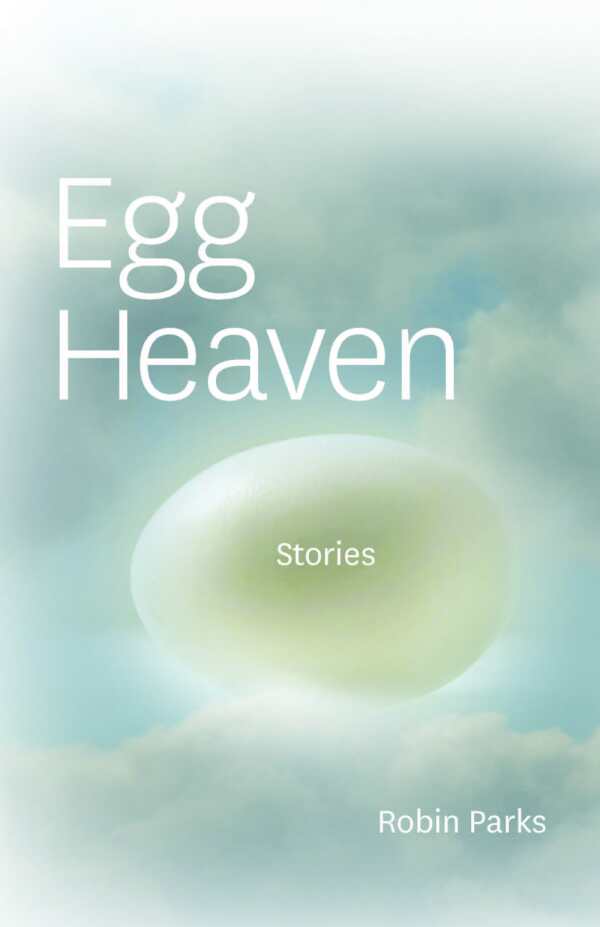Egg Heaven
Stories
The physical world and internal universe of Parks’s characters are given equal attention, and the overall impression is a brief but complete portrait of what happens beyond sorrow.
Strong characters immersed in gentle moments of great significance set against a backdrop of struggling diners and restaurants along the southwest coast give Egg Heaven a flavor of its own. Robin Parks has carefully caressed each detail of her writing into focused visions of some of the most complex human emotions—grief, love, resentment, redemption. Using the format of the short story to its full advantage, Parks explores the isolation of characters through the disconnectedness of each story from the next. Yet, through this loneliness, they are all bound together by their experiences as waitresses, customers, or cooks in small forgotten eateries.
Although Parks remains disciplined in creating stories around similar venues, her characters could not be more diverse or uniquely compelling. From homeless teenage runaways to fine artists tormented by the experience of Vietnam, there is a sense that they are all connected to each other and to the reader—who looks in for just a moment through the windows Parks chooses to open. The physical world and internal universe of her characters are given equal attention and, though struggling environments and struggling relationships become overwhelmingly sorrowful at times, the overall impression is a brief but complete portrait of what happens beyond sorrow.
Some stories stand alone as complete and well-paced vignettes, while others seem to end abruptly. “Breakfast” involves a woman’s life of alcoholism and abuse framed by her relationship with her schizophrenic mother. The few paragraphs spent with a tuner working on her mother’s piano are haunting and beautiful as the tuner taps a key repeatedly, informing her that “all the action parts become worn out,” and she wants to “stop his hand from tapping the key, from using up its strength.” He says that “some pianos just die,” and she observes that “in the dust I smell decades of cigarette smoke and my mother’s breath.”
Parks is a master of the short story and of using elements of place and resource as common threads between people. She connects lost souls to something they found in these diners and restaurants, and it connects us all with the poetry of the human experience.
Reviewed by
Sara Budzik
Disclosure: This article is not an endorsement, but a review. The publisher of this book provided free copies of the book to have their book reviewed by a professional reviewer. No fee was paid by the publisher for this review. Foreword Reviews only recommends books that we love. Foreword Magazine, Inc. is disclosing this in accordance with the Federal Trade Commission’s 16 CFR, Part 255.

